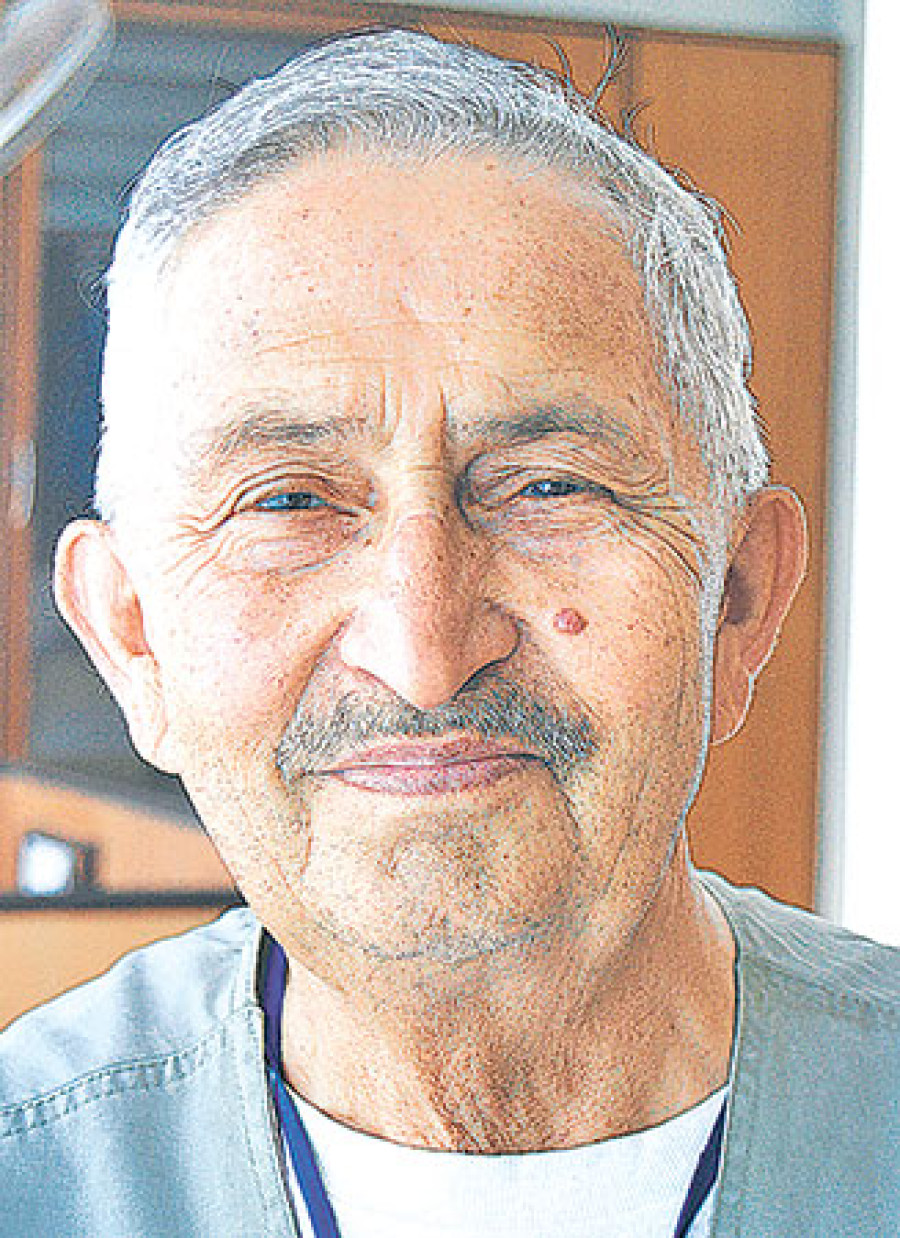Opinion
The missed bus?
Six Madhes-centred parties merged in April to form a national level party called the Rastriya Janata Party-Nepal (RJP-N), but they have not shunned their old regional approach.
Khagendra N. Sharma
Six Madhes-centred parties merged in April to form a national level party called the Rastriya Janata Party-Nepal (RJP-N), but they have not shunned their old regional approach. Two phases of the local level elections have been conducted, but the RJP-N did not take part in them. It is still undecided about whether it will participate in the third and final phase of local elections. Such uncertainty will have a negative impact on the evolution of the RJP-N as a national party.
By abstaining from the two phases of the local level elections, the RJP-N lost the opportunity to regain the trust of the people they claim to represent. Postponed several times, the second phase was supposed to facilitate the participation of the RJP-N. Two Madhes-centred parties, one led by Bijaya Kumar Gachchhadar and the other by Upendra Yadav, actively participated in the elections. By doing so, they have made a positive mark in the minds of the people—particularly in the Tarai. But the RJP-N’s decision to boycott the polls has lost them the people’s support.
In a dilemma
The first two phases of local level elections have been a success in several respects. The most obvious one is the enthusiasm shown by the people when provided with this democratic opportunity after a gap of two decades. This time around, the local level is in possession of greater resources and power in an extended territory. Ideally, this new structure would end the frustration of having to put up with naked corruption, irresponsible political mechanisms and unaccountable government officials. This was what drove the people to vote for new leadership. The voter turnout in both the phases was high.
The third and final phase of the local elections is slated for September 18, and its success is a foregone conclusion irrespective of the RJP-N’s stance. The RJP-N can no longer derail the election as it has already lost the support necessary for such a move. The government claims that—other than the demand for constitution amendment that requires a two thirds majority in Parliament—it has shown utmost flexibility by conceding to other demands of the RJP-N. But the RJP-N’s demand for an amendment to the statute has been the major stumbling block.
The RJP-N is in a dilemma. It fears that if it gives up its demands and preconditions for participating in the third phase of the local elections, its reputation may be compromised. On the other hand, if it decides to boycott the elections, it risks further alienating its constituents. It is far from achieving its goal. If it decides to boycott the third phase of the local elections, it will have lost the opportunity to regain some of its lost power. But its course of action depends on the decision it will have to make before the election process for the third phase commences.
Course correction
It may be pertinent here to ask what has been achieved by the local elections so far. The biggest success would be that it has paved the way for the implementation of a federal system in accordance with the new constitution. Nepal has been running as a unitary state, but local levels have now been created on a provincial basis.
The second important achievement is that Nepal is developing a three party model. The participation of the RJP-N could have made it a four party model, but it has missed the opportunity to work collectively. However, it could still remedy the situation by participating in the final phase of the local elections.
The third landmark achievement of the local elections is that the country can now conduct the provincial and general elections with full confidence within the constitutionally stipulated time frame. All apprehensions about internal and external disturbances during the polls were quelled by employing a three-layered security system. Now, the existence of an elected local level machinery in the six provinces has given people confidence that our democracy is functional. The people of Province 2 will have the same confidence after the third phase of local elections is held on September 18.
The fourth achievement of the local elections is that they have now opened the way for local development and progress. Local leadership and people’s participation are the standard indicators of local development. There will be additional support from the national or provincial levels. Local units will be equipped with adequate human resources to plan and execute development projects. Additional technical support can be mobilised from the centre. All-round development is now possible. With the local people acting as watchdogs, the rampant corruption that prevails now is likely to be controlled.
Upendra Yadav has, time and again, reminded the RJP-N that it missed a great opportunity by boycotting the elections. It still has a chance of making a course correction by participating in the third phase of local elections; this will give it a fresh opportunity to gain the trust of the people. Boycotting the third phase of local elections will be a huge mistake. It must look towards the future. Else there will be little left for the RJP-N other than regret.
Sharma is a political analyst




 20.22°C Kathmandu
20.22°C Kathmandu










